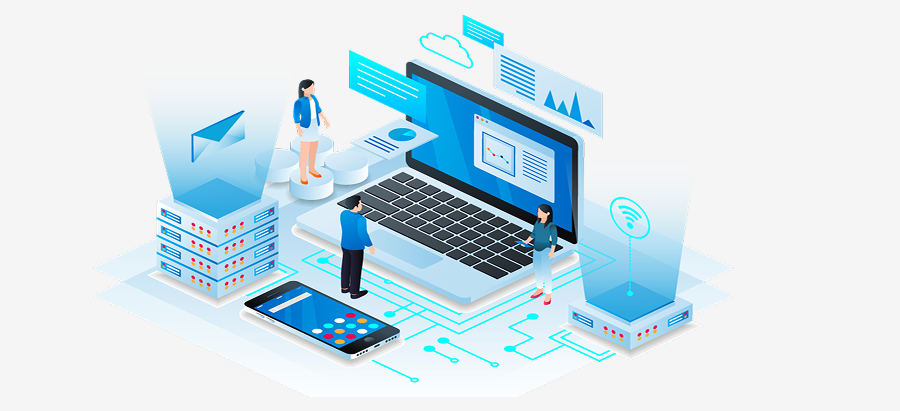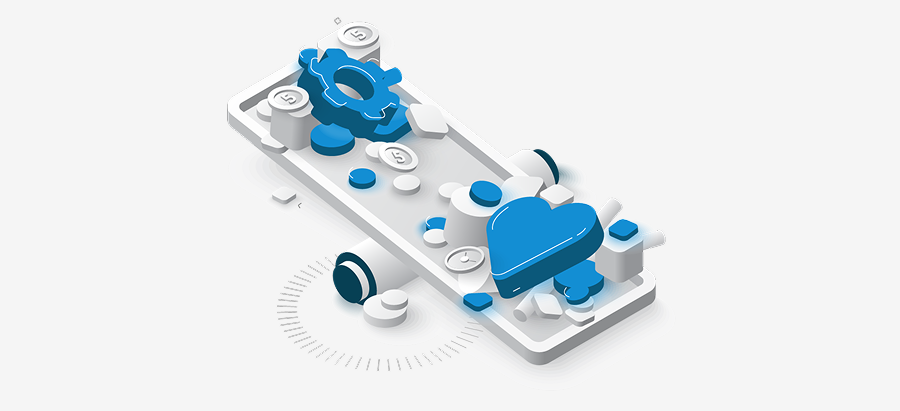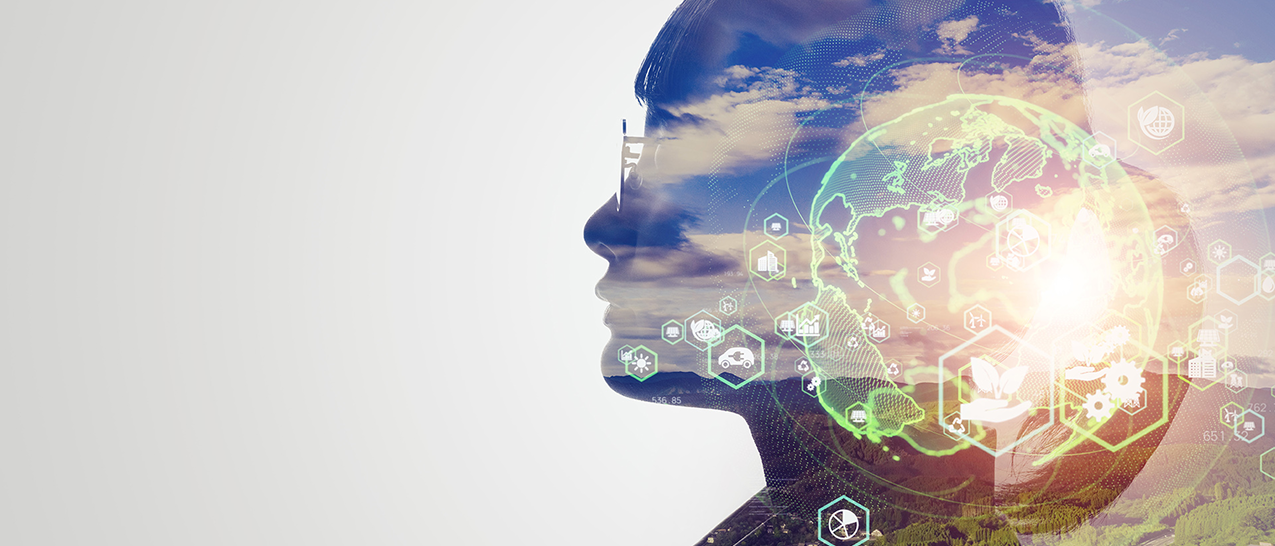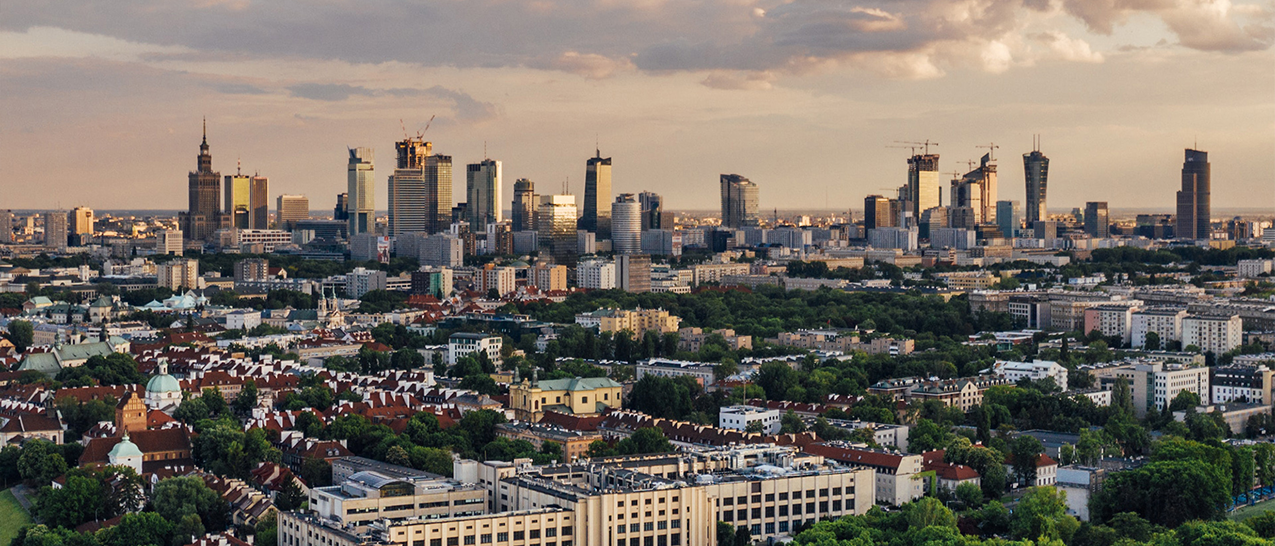

ASEAN's New Normal Emerging Workplace Trends
The New Normal of Work in ASEAN
COVID-19 has irreversibly changed how we work. Organisations are preparing their operations and staff for the future by accelerating the evolution of several workplace trends – not only to weather the current crisis, but also for the new normal.
Digitalisation
Digital transformation at workplaces isn’t new, but COVID-19 has accelerated it in full force. Today, more organisations in the region are implementing digitally connected workplaces.

Regional Trends

40%
Of Southeast Asian businesses achieved more success from implementing remote or hybrid workplace arrangements.

75%
Of businesses in Southeast Asia plan to invest in an e-commerce platform.

60%
Of businesses in the region will prioritise customer experience in future digital offerings.
Remote Management
Distancing measures are pushing organisations to manage operations remotely – not just for daily activities, but also for key hiring
Regional Trends
Job postings in Singapore featuring remote keywords (i.e., “work from home”) in descriptions reached a pandemic high during June 2021.
More companies in Malaysia are contracting professionals on new projects to facilitate remote working arrangements.
Major BPO companies in the Philippines are using virtual recruitment as their go-to hiring method.
Transforming Operations via Advanced Innovations
While advanced technologies were already being adopted by organisations to improve productivity before the pandemic, their use has since been ramping up.
Regional Trends
The use of digital services is gaining traction in various sectors in Thailand, such as the medical, retail, and F&B sectors.
More AI technologies are being deployed in Vietnam, especially via chatbots and telemedicine solutions.
JR Automation has helped to automate the prescription medication dispensing process for a major public hospital in Singapore, leading to significant reductions in human error and waiting times so patients get the right medication quickly.
Improving work-life balance
Remote working is blurring lines between professional and personal lives, so organisations are taking work-life balance more seriously by giving staff more agency in striking their own balance – mainly via more flexible working arrangements and improving staff morale via non-work-related team building activities during work.

Regional Trends
80%
Of employees in Southeast Asia now prefer more flexible remote working arrangements even after the pandemic.
9 in 10
Of Southeast Asians want flexibility in terms of where and when they work.
Raising Mental Health Awareness
Mental health issues at the workplace have always been a concern, especially in fast-growing markets such as Southeast Asia, but COVID-19 is drawing more
Regional Trends
Multilateral and local organisations are collaborating to improve mental heath awareness between Indonesian youths.
Singaporean parliamentarians are advocating for the need to address mental health concerns between people working from home.
Leading financial institutions in Malaysia are investing in public hospitals to strengthen the healthcare system, including providing training for mental health and psychosocial support.
Date of Release: October 2021














